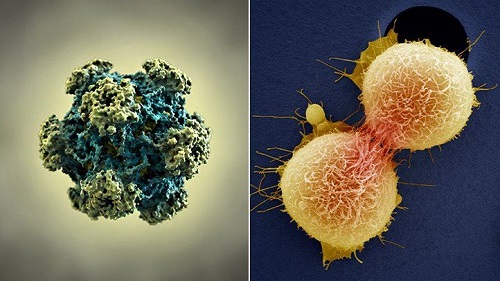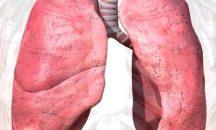Watch out! HPV is lurking in the dark

When we think of Sexually Transmitted Infections, we automatically think of chlamydia, genital herpes, gonorrhoea, HIV/AIDS, and syphilis; however, the most common is HPV (Human Papillomavirus Virus).
According to the Centre for Disease Control and Prevention (CDC), HPV is so common that most sexually active people who aren’t vaccinated against HPV will become infected at some point in their lives. Most never know they have the virus.
There are over 100 variants of HPV, and each variant is responsible for a different kind of infection. Some cause warts, and others cause cancers. These cancers range from cervical, vaginal, anal, penis, and throat.
How do you get HPV?
HPV infections occur when the virus passes through one’s broken skin after contact with an infected person. For example, when a person engages in sexual activities with an infected person, Genital HPV infections are contracted.
A genital HPV infection can be contracted through sexual intercourse, anal sex,through close skin-to-skin touching during sex especially in people with multiple sexual partners. Oral sex can also lead to HPV infections that result in oral or upper respiratory lesions.
A pregnant woman with genital warts can also pass on HPV to her unborn child.
What are the symptoms of HPV?
In most cases the body’s immune system is able to fight off the virus before it develops into warts. However, if the immune system is unable to fight off the virus, the following symptoms may occur:
- The appearance of warts in the affected area; These warts can be around the genital areas or the upper respiratory part of the body. They may appear weeks, months or even years after contact with an infected person. It is important to note that warts are contagious.
- Cancer; In some instances, the infected person may show no signs at all, and these may often lead to certain cancers after some time. Cervical cancer is the most common cancer caused by a strain of HPV that is very dangerous. Other cancers caused by HPV include anal, penile, throat, vaginal and vulva cancers.
What is the treatment for HPV?
- Genital warts, if left untreated, may go away. However, it is advisable to visit a healthcare provider for treatment since warts may stay the same or grow in size or number,
● Cervical precancer can be treated. Women who get routine Pap tests and follow up as needed can identify problems before cancer develops.
● Other HPV-related cancers are also more treatable when diagnosed and treated early.
How can one prevent HPV?
HPV vaccine; The Centres for Disease Control and Prevention recommends that all 11- and 12-year-olds receive two doses of HPV vaccine at least six months apart. This is the best age to receive the vaccine to protect against the virus before a person is exposed through sexual activity. Children as young as nine years can receive the vaccine, as well. Research has shown that the two-dose schedule is effective for children under 15.
You can reduce your risk of developing genital warts and other HPV-related genital lesions by:
- Waiting to take part in sexual activity until you are ready.
- Being in a mutually monogamous sexual relationship.
- Reducing your number of sexual partners.
- Using a latex condom.
- Screening
By Dr. Kojo Cobba Essel
Source
www.webmd
Put together byAugustinaAmarh and Maureen MasopehContent creators
Health Essentials Ltd














